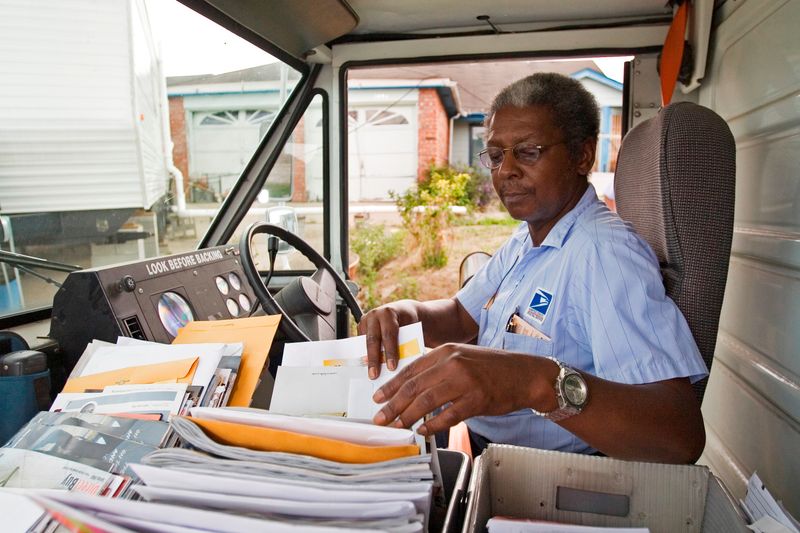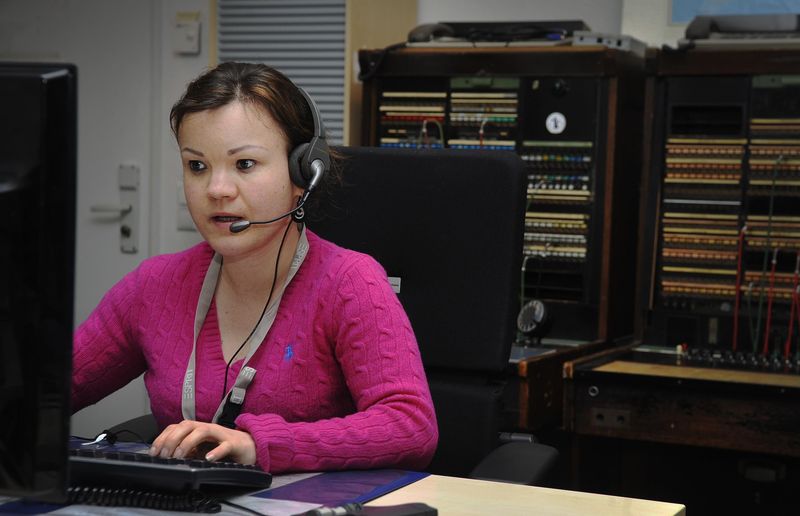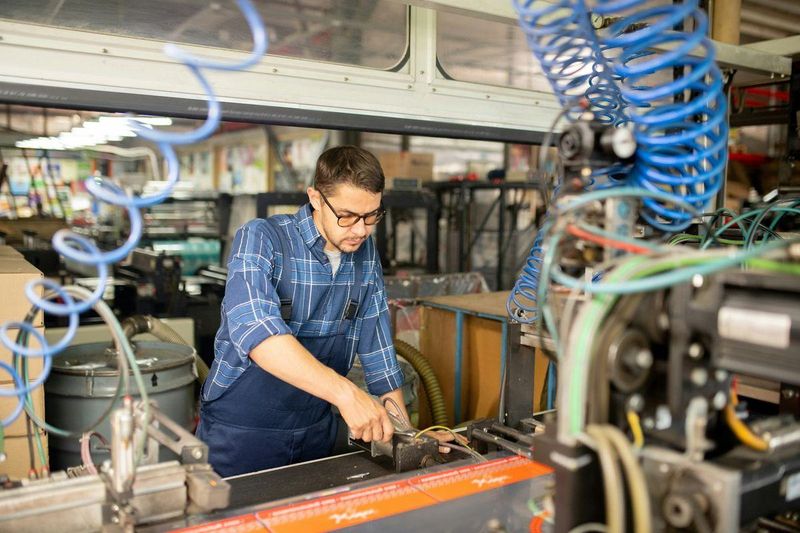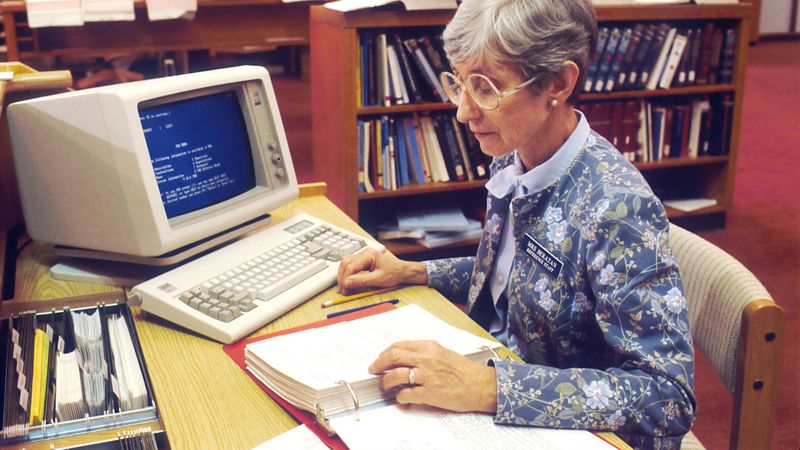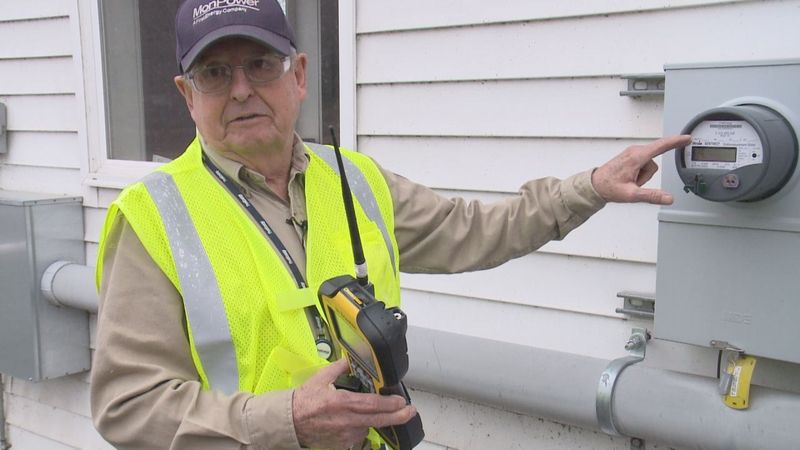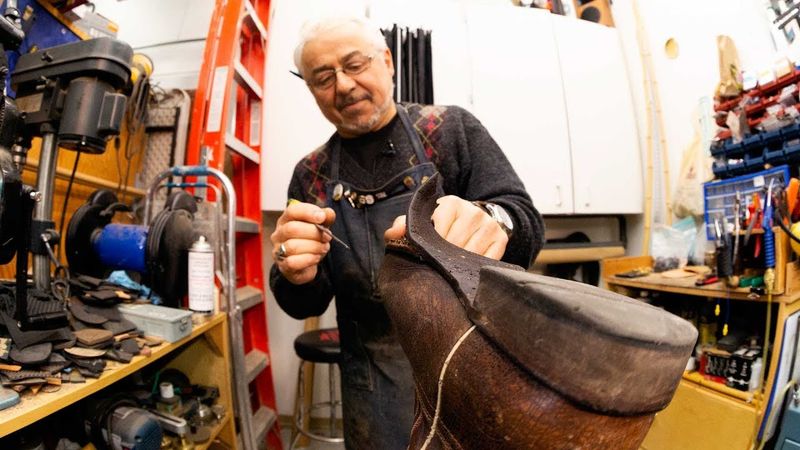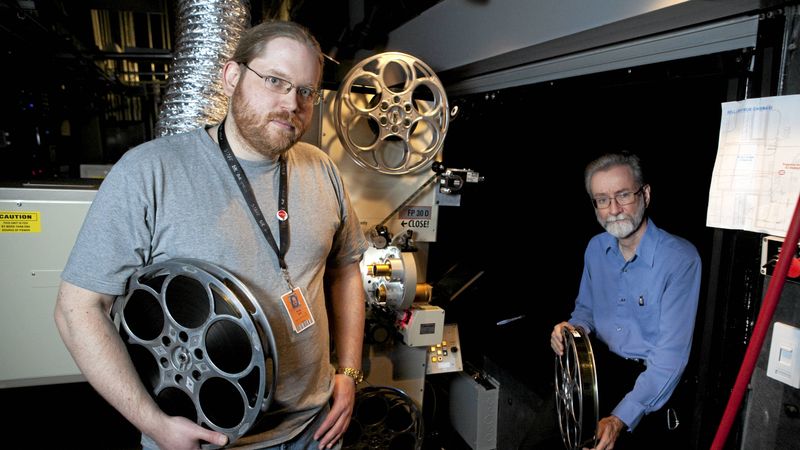In today’s rapidly evolving world, technology and automation are reshaping the employment landscape. Many traditional careers are fading into obscurity, making way for new opportunities while leaving others behind.
From the familiar to the unexpected, here’s a list of 30 professions that are vanishing fast, each with its own unique story.
1. Travel Agents
Travel agents once held the keys to the world. Planning vacations and business trips, they offered personalized service. Now, digital platforms have taken over.
With the convenience of online bookings, fewer people seek their expertise. They must adapt by focusing on niche markets or unique experiences.
2. Postal Service Workers
Postal workers were the lifeline of communication. Delivering letters and packages, they connected families and businesses.
Now, with emails and instant messaging, their role diminishes. E-commerce provides some hope, but automation looms. Those in the field may need to reskill for new roles.
3. Bank Tellers
Bank tellers handled transactions with a smile. Counting money and assisting customers, they were the face of banks.
Today, ATMs and mobile apps handle most tasks. Tellers face redundancy but can transition to customer service roles or explore financial advisory careers.
4. Cashiers
Cashiers once managed bustling checkout lines. Scanning items and handling payments, they were essential in retail.
Automation and self-checkout systems are replacing them. To stay relevant, they might explore roles in customer assistance or store management.
5. Taxi Drivers
Taxi drivers knew city streets intimately. Guiding passengers and sharing stories, they provided a unique service.
Ride-sharing apps now dominate the market. Traditional drivers may consider joining these platforms or pivoting to chauffeur services.
6. Telemarketers
Telemarketers reached out to potential customers. Cold calling and pitching products, they drove sales.
Now, digital marketing strategies overshadow them. Telemarketers can leverage their skills in sales or explore roles in customer relationship management.
7. Print Journalists
Print journalists crafted stories for the masses. Investigating and reporting, they informed the public.
With digital news on the rise, their industry faces decline. Journalists can adapt by embracing online platforms or focusing on specialized reporting.
8. Switchboard Operators
Switchboard operators connected the world. Managing calls and directing communication, they were indispensable.
Modern technology renders them obsolete. However, their skills in multitasking and communication can transition to roles in customer service or technical support.
9. Bookkeepers
Bookkeepers maintained financial records diligently. Ensuring accuracy and compliance, they were vital to businesses.
Accounting software has automated most tasks. Bookkeepers can evolve by learning new software or pursuing careers in financial analysis.
10. Machine Operators in Manufacturing
Machine operators skillfully managed production lines. Overseeing machinery and ensuring quality, they were key in manufacturing.
Automation reduces their demand. Machine operators can upskill in maintenance or seek opportunities in robotics and automation technology.
11. Librarians
Librarians guided readers through knowledge. Curating collections and assisting patrons, they fostered learning.
Digital resources challenge their traditional role. Librarians can adapt by focusing on digital curation or community engagement.
12. Legal Secretaries
Legal secretaries managed legal correspondence. Drafting documents and supporting lawyers, they ensured smooth operations.
Automation and legal tech tools reduce their need. Secretaries can transition to paralegal roles or explore legal project management.
13. Travel Guides
Travel guides shared cultures and histories. Leading tours and providing insights, they enriched experiences.
With virtual tours gaining popularity, traditional guides face challenges. They can focus on personalized tours or specialize in niche travel experiences.
14. Data Entry Clerks
Data entry clerks recorded vital information. Entering data accurately, they supported business functions.
Automation and software solutions now handle these tasks. Clerks can pivot to data analysis roles or develop skills in data management.
15. Photo Lab Technicians
Photo lab technicians developed memories. Processing film and creating prints, they captured moments.
Digital photography and online printing services outpace them. Technicians can explore digital photo editing or pursue careers in professional photography.
16. Factory Assembly Line Workers
Assembly line workers produced goods efficiently. Performing repetitive tasks, they powered manufacturing.
Automation and robotics threaten their roles. Workers can develop skills in machine maintenance or explore careers in quality control.
17. Radio Disc Jockeys (DJs)
Radio DJs entertained audiences with music. Curating playlists and hosting shows, they had a personal touch.
Streaming services and podcasts now dominate. DJs can transition to digital platforms or engage with audiences through social media.
18. Meter Readers
Meter readers collected utility data. Walking routes and recording readings, they ensured accurate billing.
Smart meters collect data automatically, reducing demand. Readers can transition to roles in utility management or customer service.
19. Retail Sales Associates
Retail sales associates helped shoppers find products. Offering advice and processing sales, they enhanced customer experiences.
Online shopping decreases foot traffic. Associates can focus on customer experience roles or explore careers in e-commerce management.
20. Bank Loan Officers
Bank loan officers evaluated credit and approved loans. Assessing risk and providing financial options, they guided clients.
Digital lending platforms streamline processes. Officers can shift to financial consulting or explore fintech opportunities.
21. Parking Attendants
Parking attendants directed vehicles and issued tickets. Managing lots and ensuring order, they were vital for drivers.
Automated systems replace their roles. Attendants can explore opportunities in facility management or customer service.
22. File Clerks
File clerks maintained organized records. Sorting and filing documents, they ensured easy access to information.
Digital databases reduce their necessity. Clerks can transition to roles in digital archiving or document management.
23. Watch Repairers
Watch repairers restored timepieces. Fixing intricate mechanisms and ensuring precision, they offered specialized skills.
Smartwatches and disposable timepieces diminish demand. Repairers can focus on luxury watches or explore careers in jewelry repair.
24. Newspaper Delivery Workers
Newspaper delivery workers brought news to doorsteps. Delivering papers and building community connections, they were part of daily life.
Digital news makes physical delivery less necessary. Workers can explore roles in logistics or transition to digital media distribution.
25. Video Store Clerks
Video store clerks recommended films. Assisting customers and organizing rentals, they fostered a love for cinema.
Streaming services make physical rentals obsolete. Clerks can pursue careers in digital media or explore roles in customer engagement.
26. Telephoto Repair Technicians
Telephoto repair technicians fixed camera lenses. Restoring clarity and precision, they supported photographers.
Digital cameras and smartphones reduce demand. Technicians can transition to digital repair roles or explore careers in optics technology.
27. Typists
Typists transcribed documents efficiently. Producing clean copies, they aided communication.
Word processors and speech recognition make them less essential. Typists can develop skills in content creation or explore roles in administrative support.
28. Farm Laborers
Farm laborers harvested and planted crops. Working the land, they sustained agriculture.
Mechanization and agritech reduce demand. Laborers can learn new farming technologies or explore roles in farm management and sustainability.
29. Shoe Repairers
Shoe repairers mended footwear. Restoring soles and stitching leather, they extended shoe life.
Fast fashion and cheap replacements lessen demand. Repairers can focus on high-quality repairs or explore roles in custom shoemaking.
30. Movie Projectionists
Movie projectionists brought films to life. Running projectors and ensuring smooth screenings, they entertained audiences.
Digital projectors and automation reduce roles. Projectionists can transition to roles in film production or explore careers in event management.


